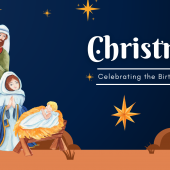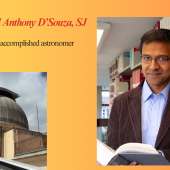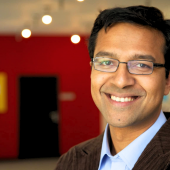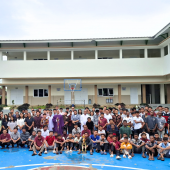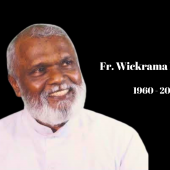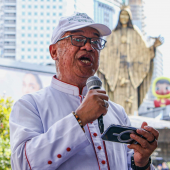Vatican Observatory’s New Director: “Life on Other Planets Would Spark Major Theological Debates”
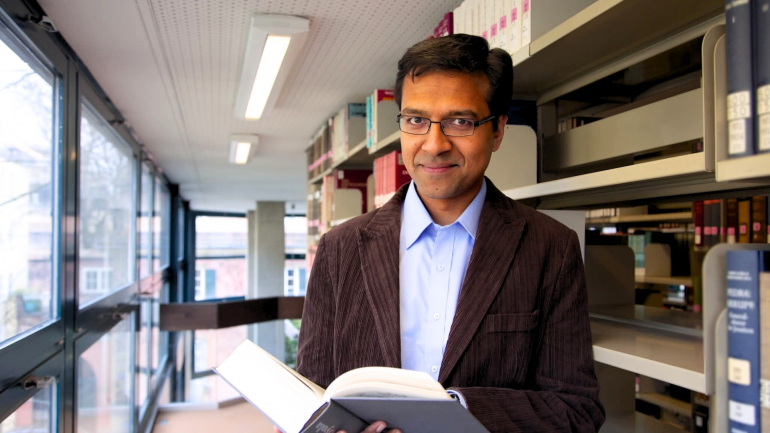
Pope Leo has appointed Indian Jesuit astronomer Fr. Richard Anthony D’Souza, SJ, as the new director of the Vatican Observatory, one of the world’s oldest astronomical research institutions.
orn in 1978 and raised partly in Kuwait and Goa, Fr. D’Souza is an expert in the formation and evolution of galaxies, with a Ph.D. from the Max Planck Institute for Astrophysics in Germany. He officially takes office on September 19, succeeding Brother Guy J. Consolmagno, SJ.
In an interview with Radio Veritas Asia, Fr. D’Souza discussed two subjects that often spark public fascination, life on other planets and astronomical events described in the Bible.
On the Star of Bethlehem, he said that while the biblical account may have been linked to an actual astronomical phenomenon, its theological message is central: “Christ’s birth was announced to the world.” Scholars, he explained, view such narratives primarily as conveying doctrinal truths, even if they may also correspond to historical cosmic events. “Although several hypotheses have been proposed over the years, we still do not know the exact physical phenomenon that corresponds to the Star of Bethlehem,” he noted.
Fr. D’Souza also addressed the possibility of extraterrestrial life, a topic now at the forefront of astronomical research. With more than 2,000 exoplanets already discovered, scientists are using instruments like the James Webb Space Telescope to study their atmospheres for signs of life-supporting molecules. “The Church does not have any opinions for or against the possibility of life on other planets,” he said. “Such a discovery, when confirmed, could spur a lot of new theological discussion.”
He emphasized that Catholic teaching affirms God as the creator of the universe, without dictating the scientific mechanisms of creation. The Big Bang theory itself, he pointed out, was first proposed by a Catholic priest, Fr. Georges Lemaître, and is now widely accepted in cosmology.
Fr. D’Souza views the mission of the Vatican Observatory as showing the harmony between faith and science. “The Church is not opposed to true and good science,” he said.
For young people aspiring to careers in astronomy, his advice is clear: be curious, aim for deeper understanding, prepare for hard work, and seek out good mentors. “Science is not only about rational thinking; it’s also a collaborative endeavor built on friendships and teamwork,” he said.
Radio Veritas Asia (RVA), a media platform of the Catholic Church, aims to share Christ. RVA started in 1969 as a continental Catholic radio station to serve Asian countries in their respective local language, thus earning the tag “the Voice of Asian Christianity.” Responding to the emerging context, RVA embraced media platforms to connect with the global Asian audience via its 21 language websites and various social media platforms.









